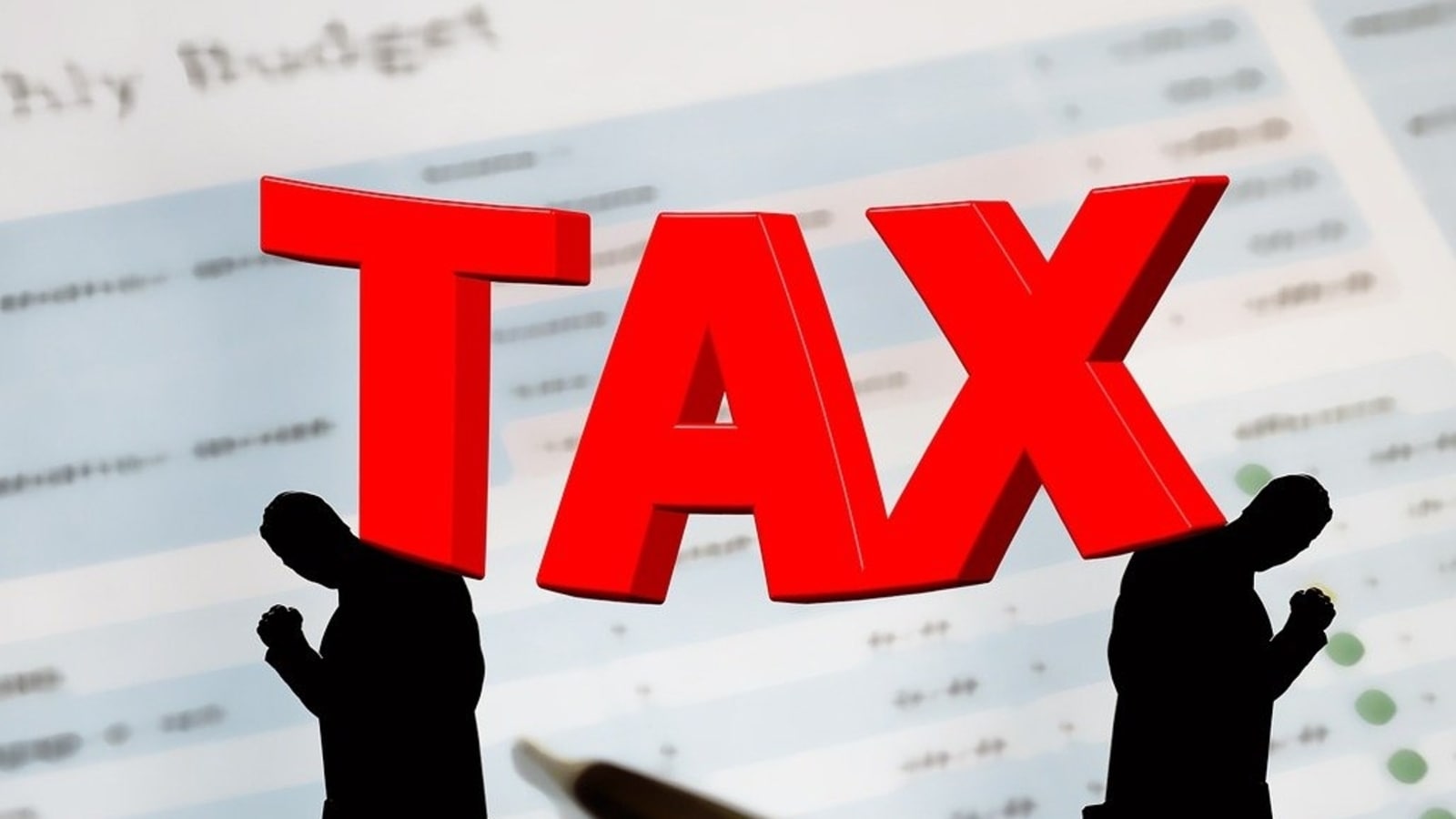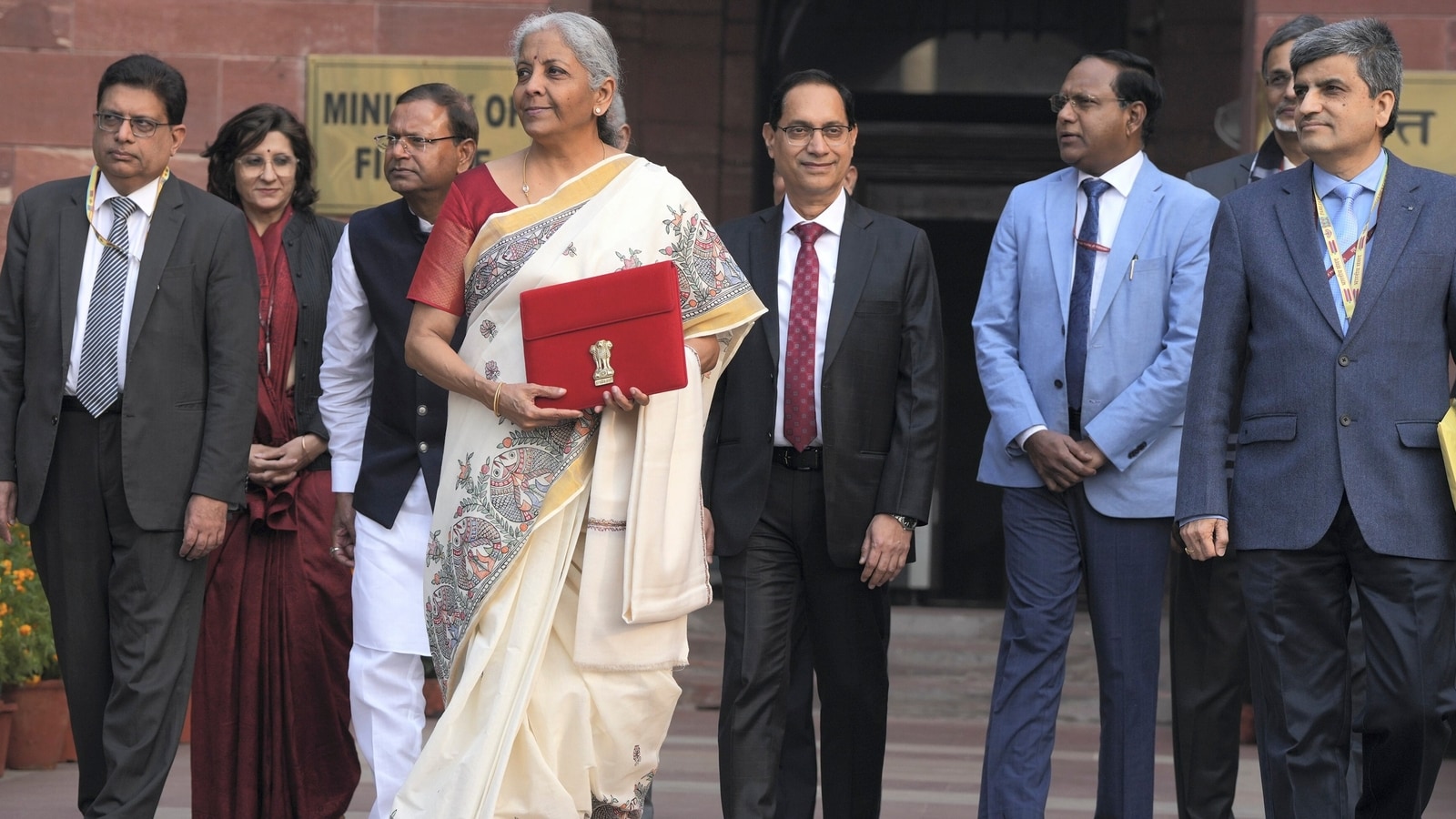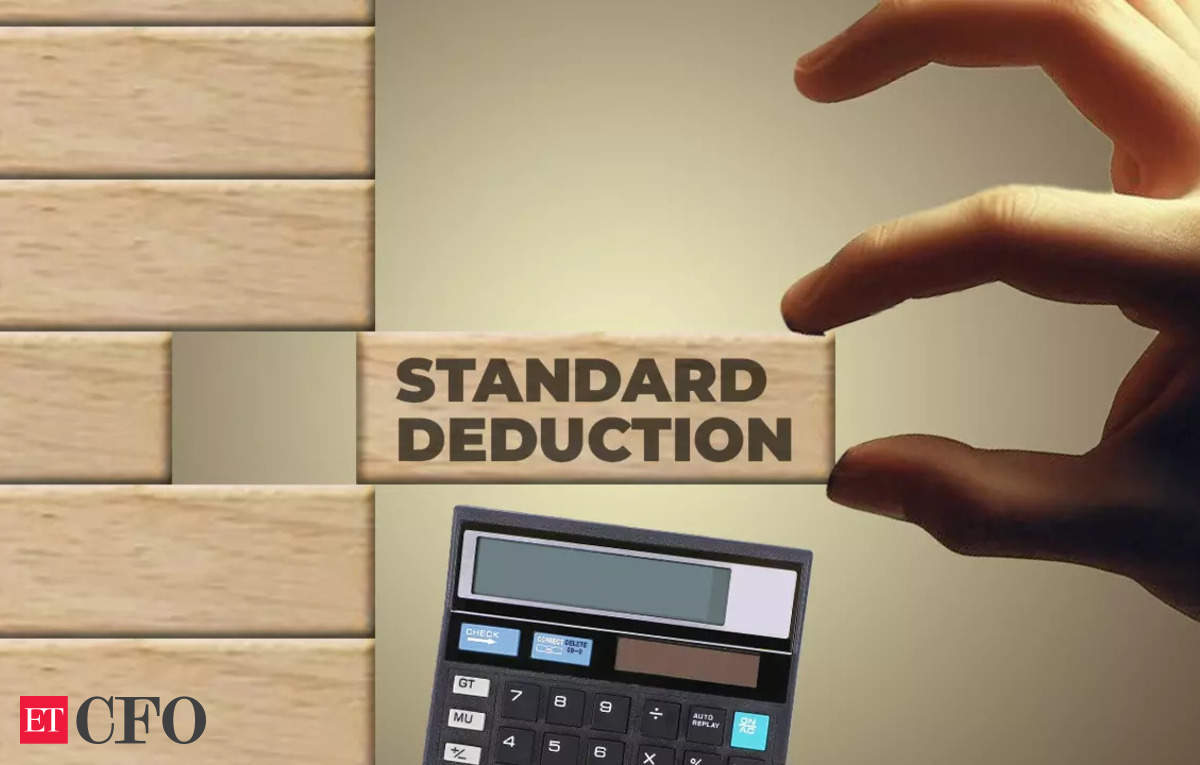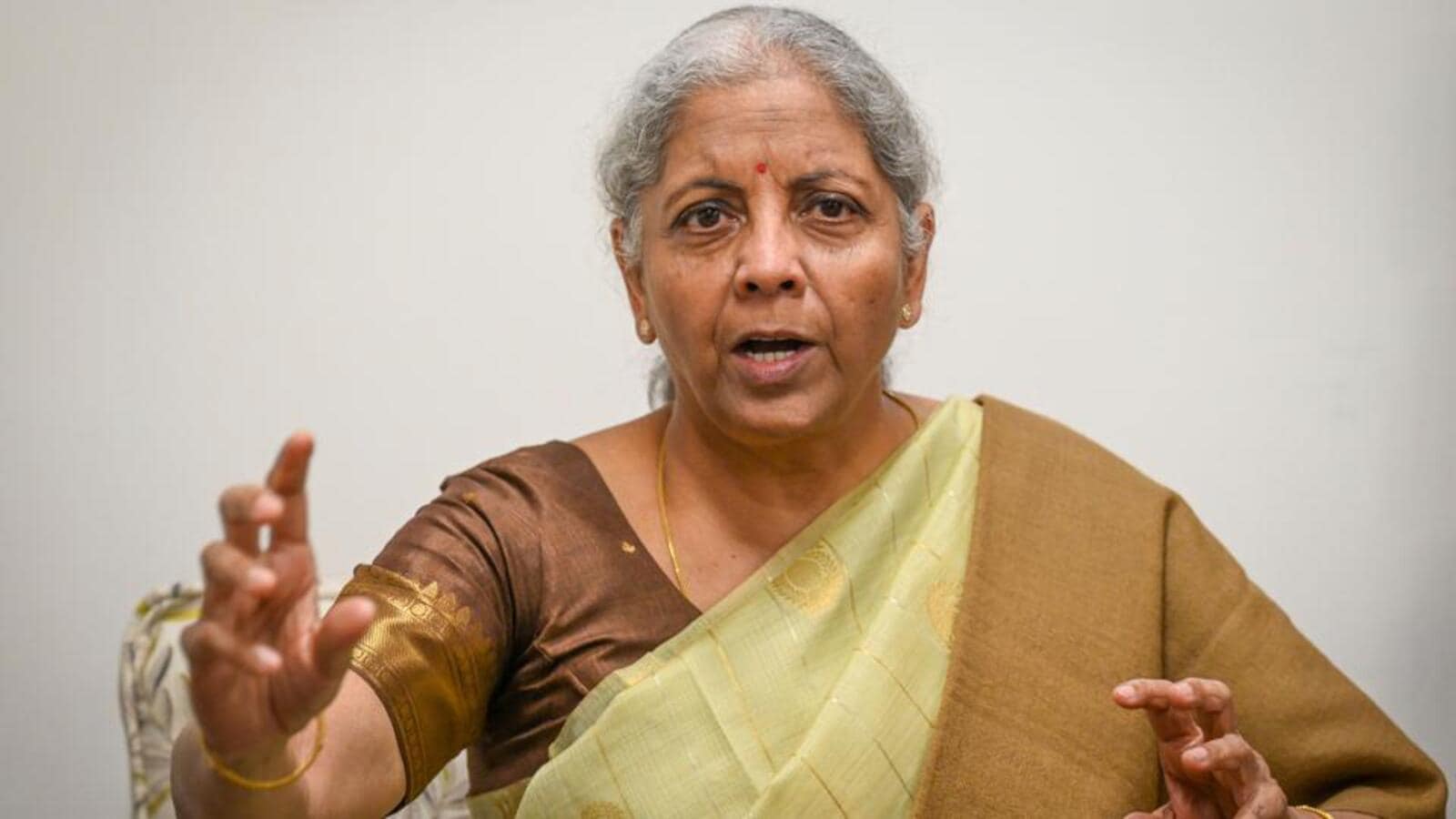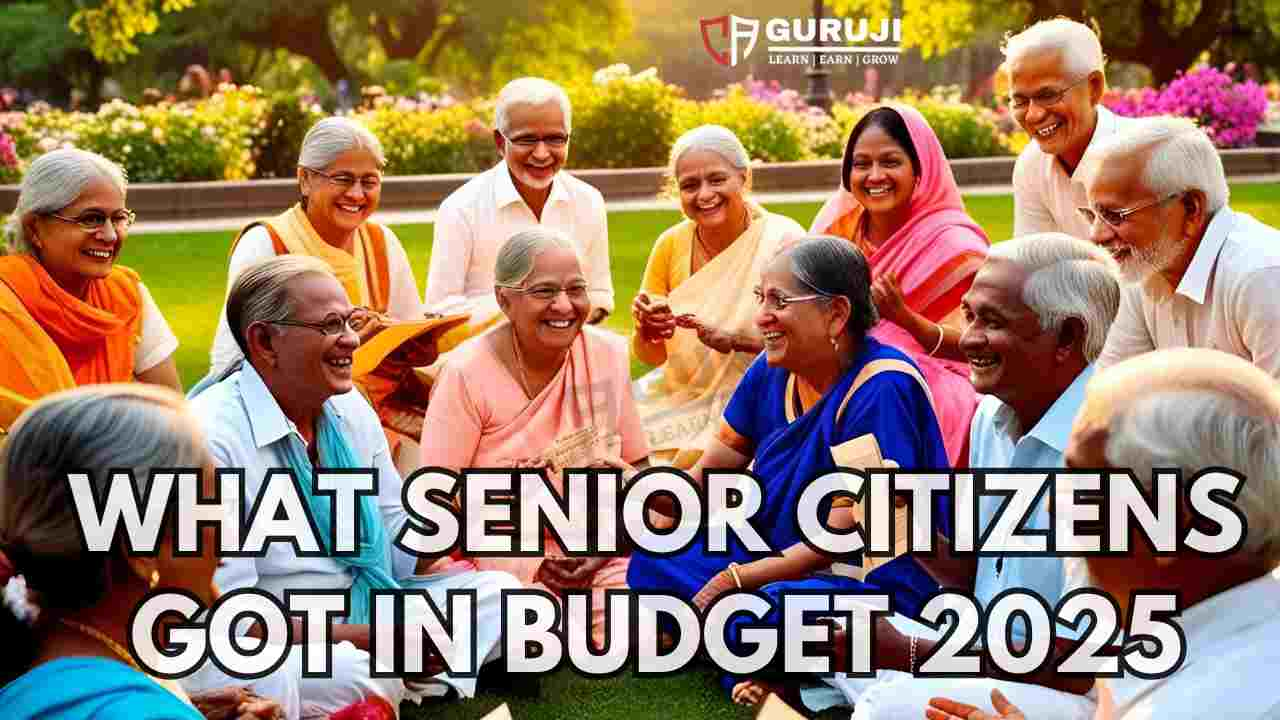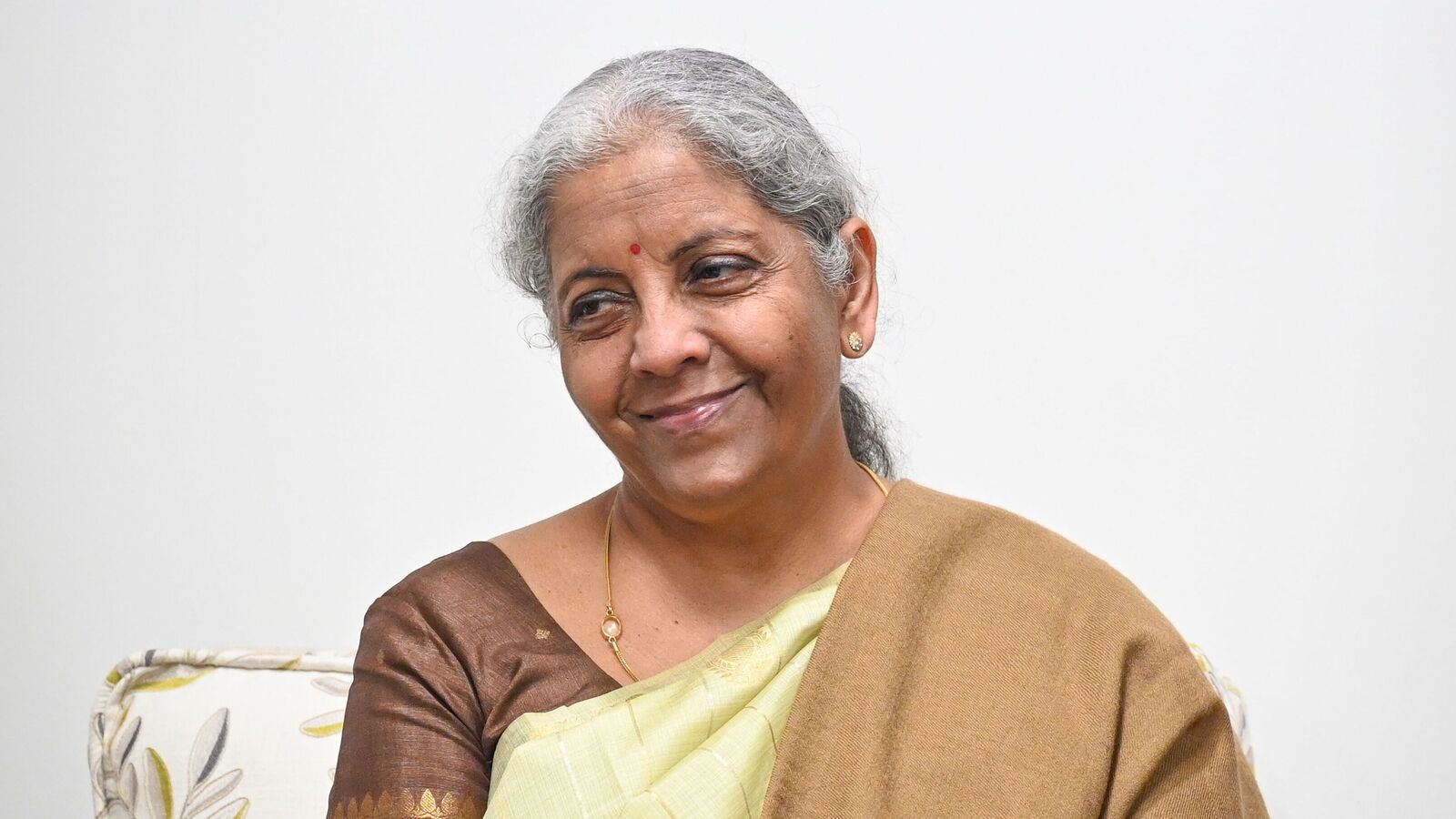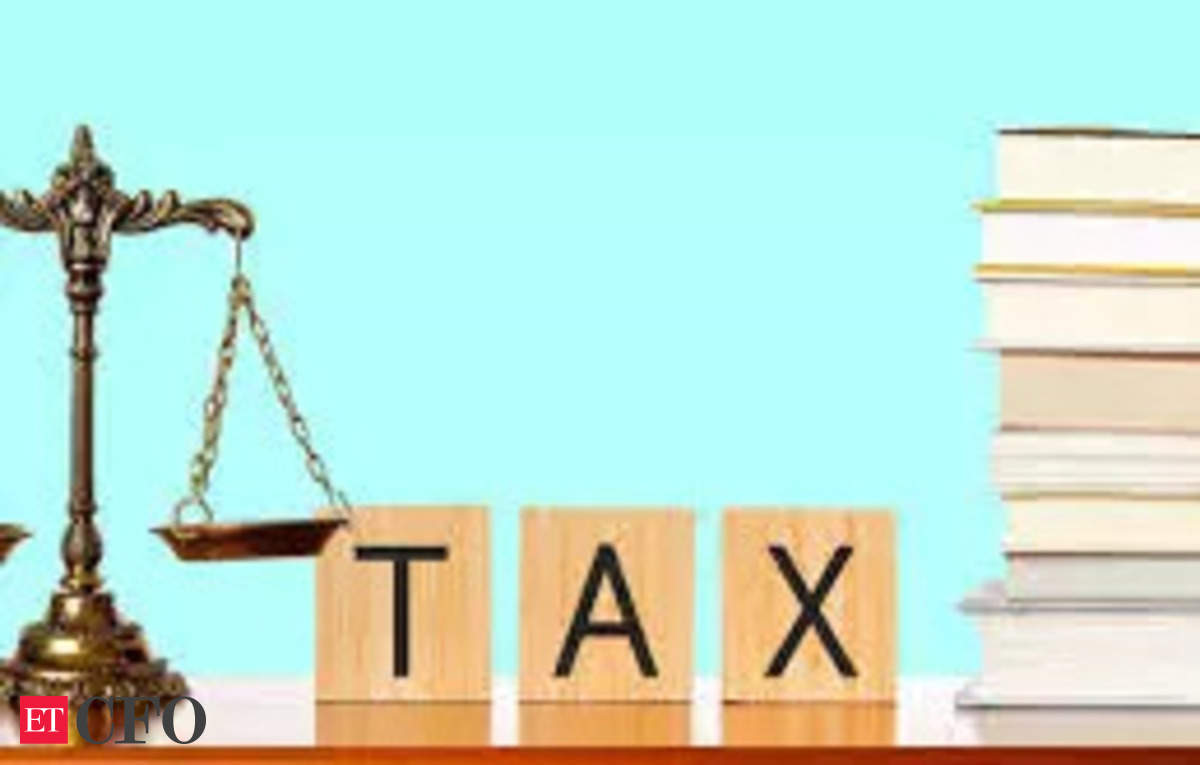The issue of how much one can carry in cash when the Model Code of Conduct is in place cropped up after a video from Tamil Nadu went viral in which an election flying squad, while on duty, confiscates cash from a family travelling to Nilgiris for a vacation.
The Election Commission officer on Tuesday seized Rs 69,400 in cash from a Punjab-based family on the National Highway at Coonoor in the Nilgiris district of Tamil Nadu. The family came to Nilgiris on a vacation. The action was taken due to the Model Code of Conduct imposed by the poll body due to the upcoming Lok Sabha election scheduled to take place on April 19 in Tamil Nadu. The Model Code of Conduct came into force when the Election Commission announced the dates for the Lok Sabha polls on March 16. However, the officials returned the money after verifying the documents linked to the cash.
As the video of the incident went viral on social media, a debate was triggered over the rule of carrying cash during the MCC. The video shows a woman carrying her child, visibly distressed and pleading with the officials to return the money. Both the woman and her husband were seen explaining to the officials that they were unaware of the Model Code of Conduct rules, while the officials were seen telling them about the rule.
What is Model Code of Conduct?
The Model Code of Conduct (MCC) is a set of guidelines issued by the Election Commission to ensure free and fair polling. The MCC is applied to everyone, including political parties and their candidates. The MCC aims to prevent unfair practices, maintain a level playing field, and promote ethical conduct among political participants.
What are EC’s guidelines for carrying cash during MCC?
- All movement of Indian currency or foreign exchange should be effected by the person(s) authorised who should carry the supporting documents while moving the cash. The movement should be on the basis of requisition made by the receiver and to the address of the destination.
- The poll body advised people not to carry cash of Rs 50,000 and more without supporting documents.
- Unexplained cash over Rs 50,000 will be confiscated by the authority
- Seizures over Rs 10 lakh will be referred to the Income Tax Department (IT).
- lf the cash is being moved from the office/branch of the Authorised Person (AP), it should leave the place only after it has been recorded in the books of accounts of the AP.
- Similarly, if the destination point of movement of the currency is the office/branch of the AP, it should be recorded in the books of accounts of the AP, on the same day or on the date of receipt.
- Transfer of foreign currency between branches of the same AP should be accounted as stock transfer and not as sale so that double counting is avoided.
- The movement of cash should be in sync with the documents.
When is MCC imposed?
The MCC comes into force from the date the election schedule is announced by the Election Commissioin and it remained in place until the date the results are declared. Therefore, it came into force on March 16 evening and will remain in effect until the conclusion of the election process which is on June 4.
MCC rule
According to the Election Commission of India (ECI), any individual found carrying cash exceeding Rs 50,000 or new items worth over Rs 10,000 will be seized. This measure has been put in place to prevent the misuse of cash for electoral influence.
If the individual can provide valid documents and declare that the seized items are not related to the elections, they will be returned. However, if the seized cash amount exceeds Rs 10 lakh, it will be forwarded to the Income Tax Department for further investigation.
Visit www.cagurujiclasses.com for practical courses


